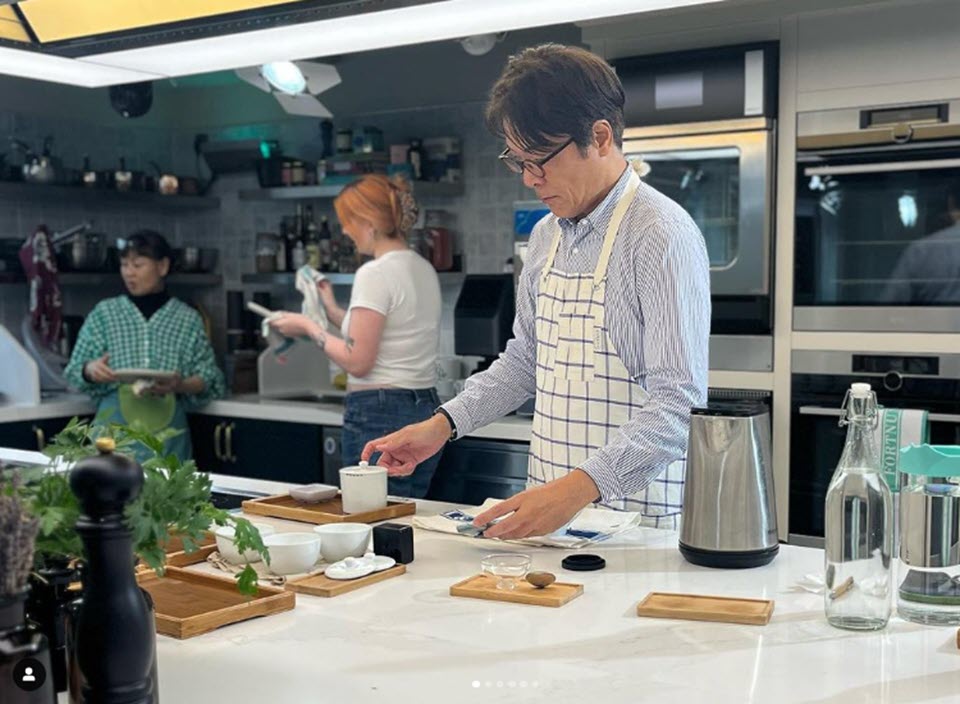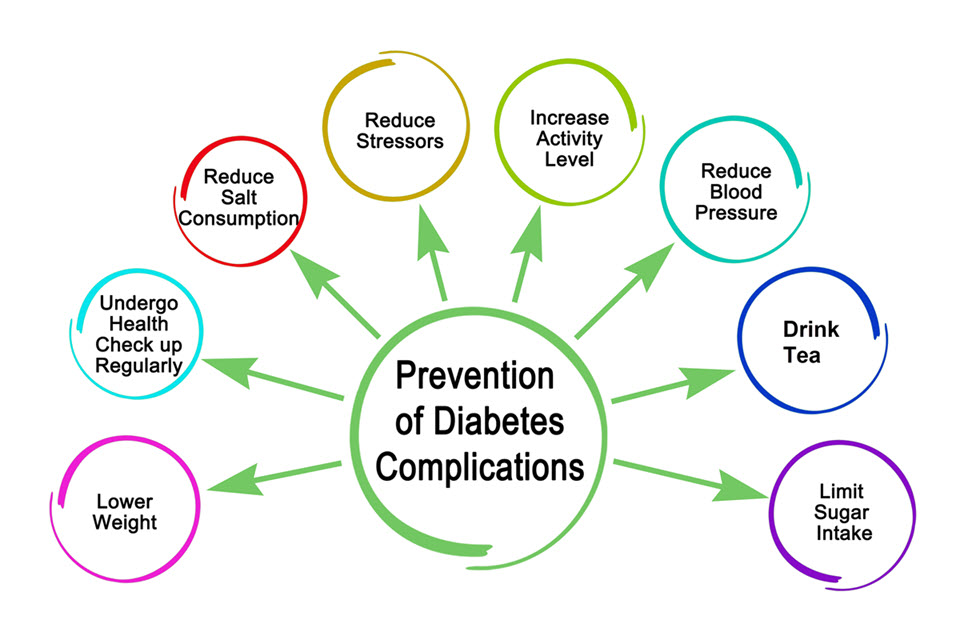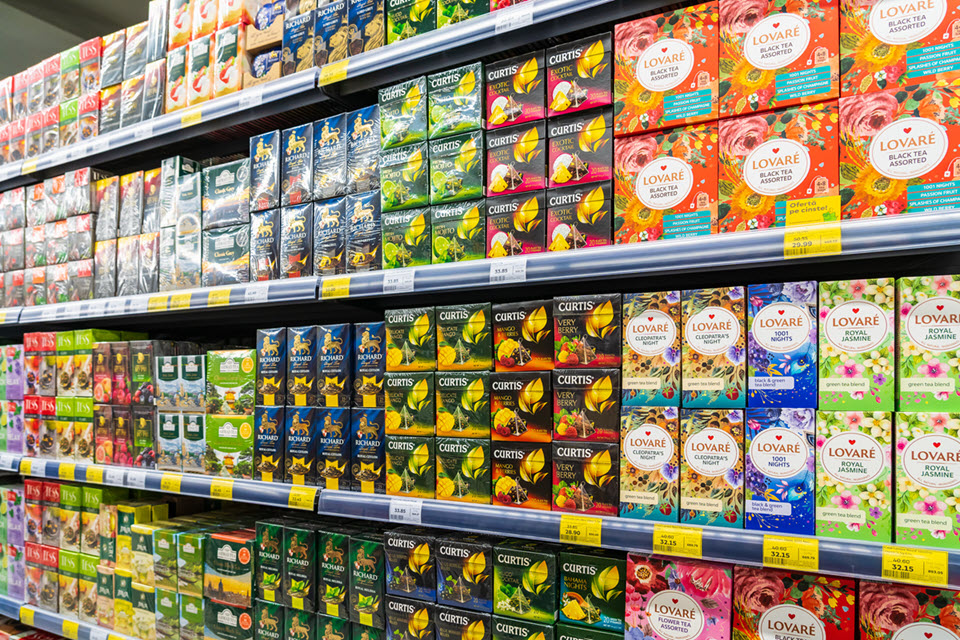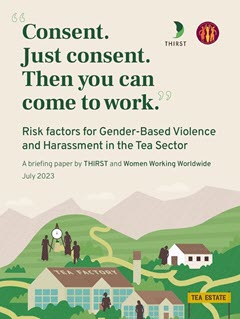Episode 141
UK Tea Academy Announces 2023 Winners of The Leafies | Rooibos Tea Named a Top 10 Pantone Color for 2024 | FSSAI Steps Up Safety Analysis of Indian Tea Factories
Tea News for the week ending Nov. 3
PLUS | Tea was first cultivated in what is now Tanzania by German colonists early in the 20th century. Farms were planted high in the Usambara Mountains, a biodiversity hotspot in the shadow of Mt. Kilimanjaro rising vertically from the plains. The region was known as Tanga and would later, under British rule, become Tanganyika. The UK greatly expanded tea production through the 1960s and remains a major trading partner with the Republic of Tanzania. Joining us today is Steve Anyango, an expert strategist in commodity trading and logistics with deep ties to tea. Steve is Managing Director, Nemooneh Iranian Food & Beverage Industries.
Listen to the interview
Powered by RedCircle

UK Tea Academy Announces 2023 Winners of The Leafies
By Dan Bolton
Winners of The Leafies are celebrating around the world this week following an award ceremony at the Asia House attended by 100 guests, including Tea Biz London correspondent and PMD Tea Managing Director Dananjaya Silva.
Awards Ceremony
This year’s competition attracted 320 teas. Contenders were divided by type, region, and processing into 48 categories. Twenty-five of the award-winning teas were sampled after the award presentation, which included judges, winners, and beverage executives from sponsor Fortnum & Mason.
Twelve judges representing eight nationalities were awarded 13 Gold awards. Several individuals were recognized for special awards, and 36 teas were “highly commended” in citations that praised noteworthy characteristics.
Japanese teas dominated with five gold awards. India won two: Glenburn for its Darjeeling Moonshine and Rujani Tippy Reserve in Assam on the Aideobarie Tea Estate. Lumbini Tea Valley won gold for Sri Lanka, and Zen Zen took home gold for its Formosa Red Oolong tea. A Chinese Ya Shi Xiang submitted by Jantle Group also won gold.
Yame Tea Kumaen’s Gyokuro Saemidori from Fukuoka foo·koo·ow·kuh Japan was the highest-scoring tea of the competition, earning the Fortnum & Mason Best In Show award. The tea will be sold at the company’s showroom. Kazumi Nakatani traveled from Japan to brew and pour the winning tea. Zealong Tea Estate was awarded prizes for its Aged Oolong and Aromatic Oolong. Zealong also received the UK Tea Academy Lifetime Achievement Award for its pioneering tea culture 25 years ago in New Zealand. CEO Gigi Crawford served the tea.
New this year is a category for retailers selling fine tea. Chaki Co in Uji, Kyoto, Japan, won two retail gold awards. The tea venture was founded by tea farmers who are masters of “deconstructing and reassembling” tea. Dorothy’s Teas was named Best Seller of White Tea for its Shannong Estate Silver Needles.
View all the winners at ukteaacademy.co.uk/the-leafies

- Yame Tea Kumaen – Gyokuro Saemidori
- Ocha-no-Kajihara – Koshun Kamairicha Spring 2023
- Jantle Group – Ya Shi Xlang
- Zen Zen Thé – Red Oolong Tea
- Zealong Tea Estate – Aromatic Oolong
- Glenburn Fine Tea – Darjeeling Moonshine
- Rujani Tea – Tippy Reserve
- Lumbini Tea Valley – Sinharaja Wiry Tips
- Kagoshima Horiguchi Seicha/Wakoen – Kakuhori Benifuuki Black Tea
- Furukawa Seicha – Asahi & Ujihikari
- Chaki Co – Chaki Gyokuro
- Dorothy’s Teas – Shannon Estate Silver Needles
- Chaki Co – All About Ujicha

Episodes 1-49
Episodes 50-96
Episodes 97-141
Powered by RedCircle





